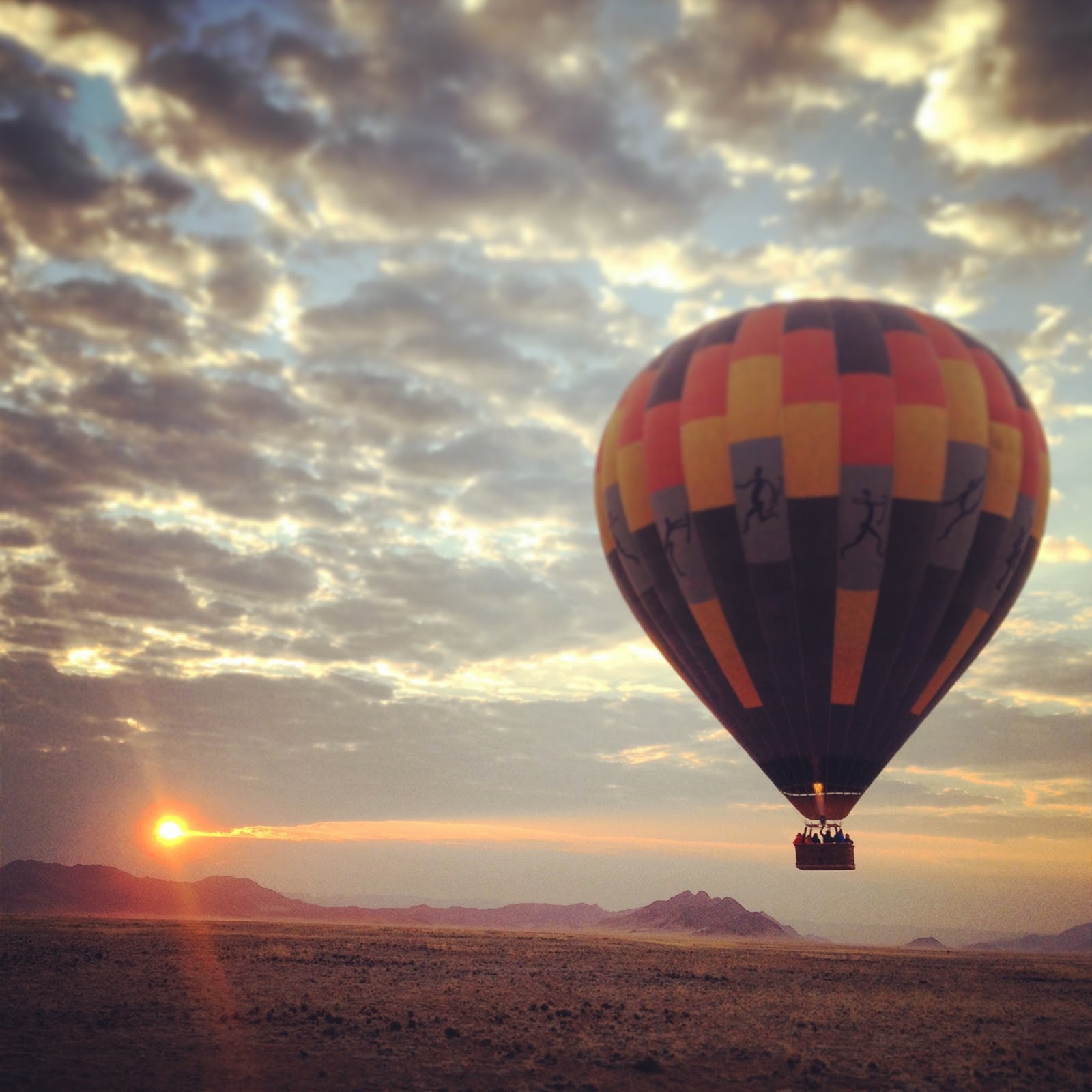I remember the first time I managed to launch off a hill,
suspended by a paraglider, tense and terrified. An Auger buzzard took off from
a tree below me, soaring the same uplift I was on. Effortlessly, it turned,
riding the wind while I continued to tense my body as I flew straight, my goal
just to land.
I love flight, especially low-level flight. I’m not a pilot,
but the different perspective, looking down at the ground from above, or
looking eye-level at a cliff or mountain fascinates me. Over the last few
months of safari, I’ve flown in helicopters, balloons, Cessnas, Boeings, and
even a private jet. While the larger planes aren’t as much fun, here are a few
images taken from the smaller flight vessels.
My first balloon flight was in June this year in northern
Serengeti. A steady wind was blowing and I was a bit bewildered but equally
excited as we lay on our backs, the loud fans blowing air into the balloon and
burners roaring. The balloon filled and lifted, pulling the basket
upright, the force of the wind jerking and tugging. Suddenly we lifted, and for
a few seconds it was silent as we rose up leaving behind a frantic crew as they
prepared the chase vehicles.
 |
| The fans blowing air into the balloon. |
 |
| The burners on full-power creating the hot air that will lift the balloon. |
 |
| The views are incredible. |
 |
| Wind= bumpy landing. |
The balloon experience in Namibia was very different.
We arrived at the balloon launch site, the balloons being filled. There
was hardly a breeze, and the pilot uprighted the basket and balloon before we
climbed in. Silently we began to rise. The colors in the desert as the sun rose
were incredible, the hues of blue, orange, pink, and grey so soft.
-->

-->
The landing was different too, made easier by the lack of wind, and I
was impressed by the conscientiousness to the fragility of the desert. The
pick-up pulling the trailer stayed on the road as the pilot communicated our
location. By throwing a piece of webbing that the crew grabbed, they were able
to bring the basket down directly onto the trailer.
We will occasionally charter a plane. Not only does it maximizes time spent on the ground by allowing us to create our own schedule, but we can ask the pilots to detour or fly low. I took the following photos from the Cessna caravan en-route to Serengeti and then Rubondo Island.
 |
| Oldonyo Lengai is an active volcano. Read about climbing it here. |
 |
Wildebeest and migration trails on the Lamai Wedge in northern Serengeti. (August 2014).
|
|
|
 |
| As you approach Rubondo Island, the intensity of green stands out. Read about Rubondo here. |
 |
| Flying across the western border of Serengeti National Park. Population pressures are growing. |
My first experience with helicopters was guiding in northern Kenya on a safari organized by
Charlie Babault. This year I saw Victoria falls and flew over Rwanda in a helicopter. The ability to hover, the ability to fly through valleys, and the ability to fly slowly allow extra appreciation of the different perspective of being in the air.
 |
| Mosi o-tunya, Zambia. |
In Rwanda, we saved time and got a birds-eye view of intense small-holder agriculture, and a dense population.
 |
| Leaving Kigali at sunrise. |
 |
| Like a patch-work. |
 |
| A 3hr car ride became a 20 minute helicopter ride. |
|
|
 |
| Sabyinyo group. |
All photos in this blog article also appear on Instagram @tembomdogo.

















